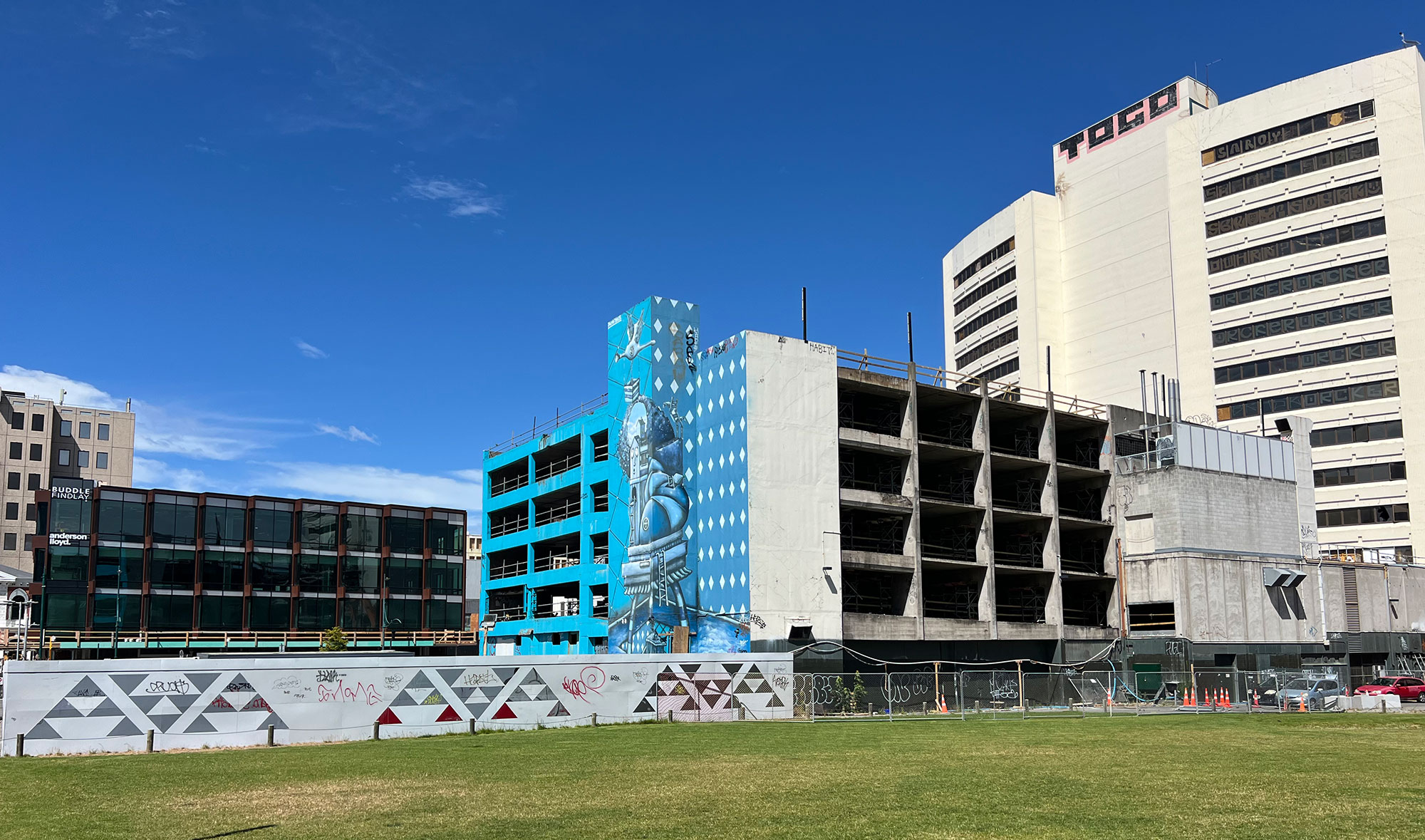
Buying a property in a New Build development in New Zealand means sharing common areas and walls with neighbours. This shared nature necessitates rules, especially regarding insurance, and typically involves becoming a member of either a body corporate or a residents association.
Body Corporate
Body corporates are a longstanding feature of New Zealand’s property landscape. When buying into a New Build, the ownership of the land underneath the building is collective. For example, if there are 10 townhouses, you co-own the land beneath with the other 9 owners. Generally, multi-unit apartment buildings have a body corporate, as owning the land beneath multiple apartments requires collective ownership. Created by the Unit Titles Act 2010, body corporates cover exterior building maintenance and are often more costly due to increased responsibilities and legal requirements.
Residents Association
Residents Associations are newer and more common for townhouses. If you are a member of a residents association, you own the land beneath your property and co-own common areas like driveways with neighbours. Generally, a row of adjoining townhouses will have a residents association. It is typically cheaper than a body corporate because the washing and maintaining of the building exterior are your responsibility.
Summary
The main difference between body corporates and residents associations lies in the ownership of the land and the level of responsibility they have. Body corporates own the land collectively and handle more comprehensive tasks, while residents associations own individual land and co-own common areas. Understanding these differences and their impact on costs, responsibilities, and property type is essential for making informed decisions when buying into a New Build development in New Zealand.
Feel free to contact Aaron Pero if you have any questions about residents associations or body corporates.


